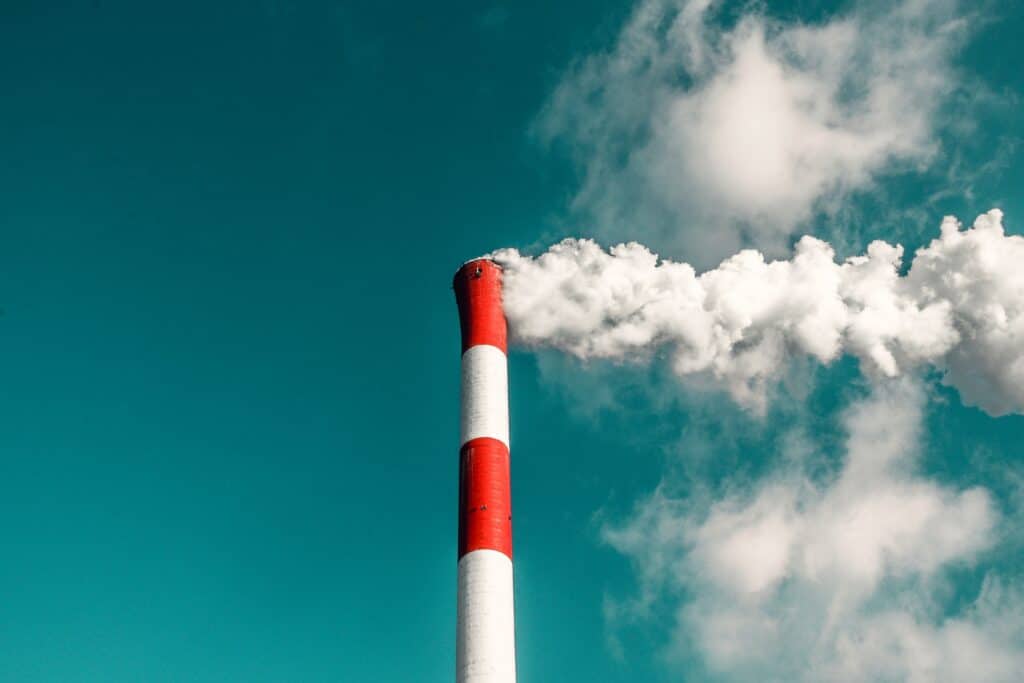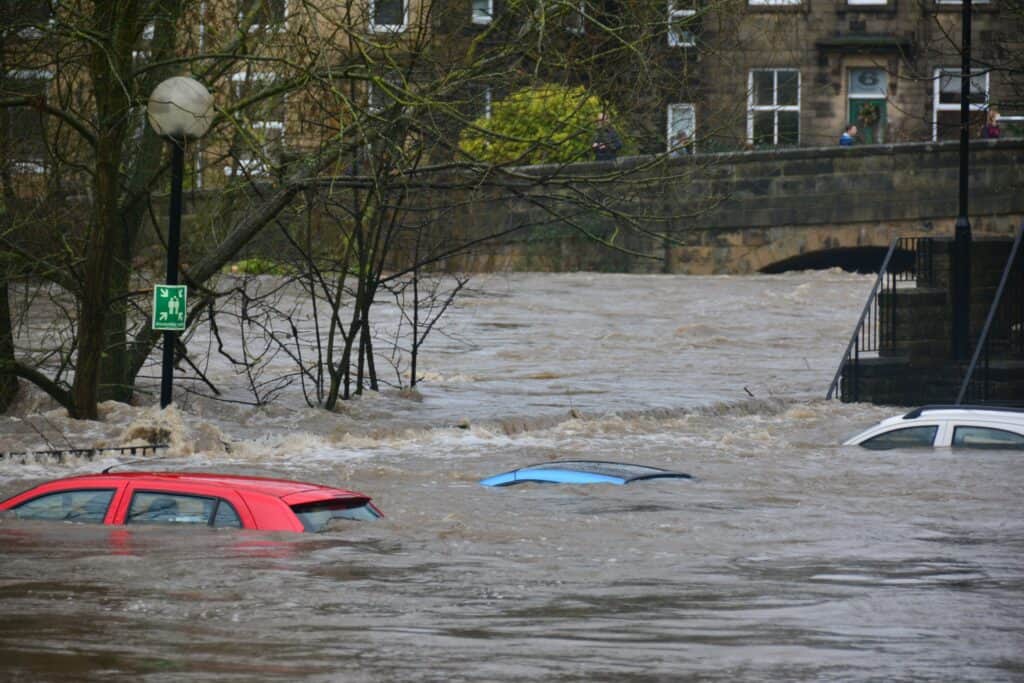Climate change meaning is a broad term that refers to a significant and lasting change in the Earth’s climate. In this blog post, we will explore climate change’s meaning in terms of its causes and effects. We will also discuss ways that we can work to prevent climate change from causing even more damage in the future.
Climate Change Definition
What does climate change mean? If you’re like most people, you probably think of climate change definition as the sort of thing that happens slowly, over long periods. But the truth is, climate change can happen very quickly – and it is happening right now. Climate change definition is the long-term alteration of temperature and typical weather patterns in a place. Climate change could refer to a particular location or the planet as a whole. As the Earth’s temperature rises, we are seeing more extreme weather events and sea levels are rising as a result.
Cyclical Climate Change Definition
Cyclical climate change refers to a pattern of cyclical changes in the Earth’s climate. These changes are caused by several factors, including variations in the Earth’s orbit, changes in the Sun’s output, and variations in the atmospheric levels of greenhouse gases. The cyclical nature of climate change means that it occurs over long periods, typically on a scale of tens to hundreds of thousands of years. However, the exact frequency and magnitude of cyclical climate change are still subject to debate among scientists. Despite this uncertainty, cyclical climate change is thought to be an important driver of the Earth’s long-term climate variability.
Climate Change Meaning: Causes
1. Natural-Caused
Natural causes of climate change include things like volcanic eruptions and changes in the Earth’s orbit. Volcanic eruptions occur when molten rock, ash, and gas are ejected from the Earth’s surface. This can have a cooling effect on the climate as the ash and gas reflect incoming sunlight into space. Additionally, changes in the Earth’s orbit can affect the amount of sunlight that reaches the Earth’s surface, which can either warm or cool the climate depending on the particular orbital configuration.
2. Human-Caused
While natural causes of climate change are certainly important to consider, there is a lot of evidence pointing to human activity being responsible for the increased levels of atmospheric CO2 that are resulting in climate change today. The most significant source of man-made CO2 emissions is the burning of fossil fuels such as coal, oil, and natural gas. These emissions come from a variety of sources, including power plants, factories, and vehicles. Additionally, deforestation also releases large amounts of CO2 into the atmosphere as trees are burned or decompose without having the opportunity to sequester carbon dioxide from the atmosphere. Together, these human activities are causing unprecedented levels of atmospheric CO2, which is leading to climate change.
Human-caused climate change is in fact the focus of our website.

Climate Change Meaning: Effects
The definition of climate change is not as important as the implied effects. The effects go beyond individuals, and impacts whole societies and countries. The effects are large and profound enough that many think adaptation is limited. Let’s take a look at what kinds of effects are predicted.
1. Rising Temperature
Rising temperatures are one of the most well-known and well-documented effects of climate change. Over the past century, the Earth’s average surface temperature has risen by about 0.8 degrees Celsius (1.4 degrees Fahrenheit). This may not sound like a lot, but it has already had a significant impact on our climate. While climate change is a global problem, it is the poorest and most vulnerable people who are being hit the hardest by rising temperatures. In many parts of the world, higher temperatures are making it harder to grow crops and access clean water. They are also increasing the spread of disease and putting stress on natural ecosystems.
2. More Severe And Frequent Storms
One of the most visible effects of climate change is an increase in the severity and frequency of storms. Storms are fed by warm air, which means that as the planet warms, storms will become more destructive. In addition, rising sea levels caused by melting ice caps will lead to more flooding and erosion during storms. As a result of these changes, communities around the world are facing greater risks from storms. To adapt to this new reality, we must invest in better infrastructure and emergency planning. With proper preparation, we can minimize the damage caused by these increasingly severe storms.

3. Drought And Scarcity Of Water
One of the most well-known effects of climate change is the increased likelihood of droughts and water scarcity. This is caused by several factors, including higher temperatures, changes in precipitation patterns, and more extreme weather events. As the climate continues to warm, evaporation rates will increase, leading to drier conditions in many areas. In addition, changes in precipitation patterns will cause some regions to receive less rainfall than they currently do. And finally, more extreme weather events such as hurricanes and floods can also lead to drought conditions by damaging infrastructure and disrupting supply chains.
4. Rising Sea Levels
As the Earth’s temperatures warm, the glaciers and ice caps that sit atop mountains melt. This water flows into the oceans, causing them to rise. In addition, as the ocean’s waters warm, they expand, further contributing to the rising sea levels. The impact of this phenomenon is already being felt around the world. Coastal communities are seeing more frequent and more severe flooding as a result of higher tides and more powerful storms. In addition, rising sea levels are eroding beaches and destroying coral reefs. As climate change continues to occur at an accelerating rate, the effects of rising sea levels will become even more pronounced.
5. Survival Of Species
As the Earth’s climate continues to shift, many plant and animal species are struggling to adapt. In some cases, climate change is causing a decline in populations, as organisms are unable to adjust to the new conditions. In other cases, it is driving species to migrate to new areas in search of more hospitable environments. As climate change continues to unfold, we will likely see more and more examples of its effects on the natural world. While some species will be able to adapt, others will not be so lucky, and climate change will ultimately lead to the extinction of many plant and animal species.
Climate Change Meaning: Prevention
Climate change is one of the most pressing issues of our time, and we must take action to prevent it. There are many things that individuals can do to help reduce greenhouse gas emissions and slow the rate of climate change. One way to do this is to conserve energy by using energy-efficient appliances and light bulbs, and by weatherizing your home. You can also save energy by carpooling, biking, or walking instead of driving. Another way to reduce your carbon footprint is to eat less meat and dairy, as the livestock industry produces large amounts of greenhouse gases. You can also choose to purchase food that is grown locally and organic, as this reduces the number of fossil fuels used in transportation. By making small changes in our daily lives, we can have a big impact in the fight against climate change.
